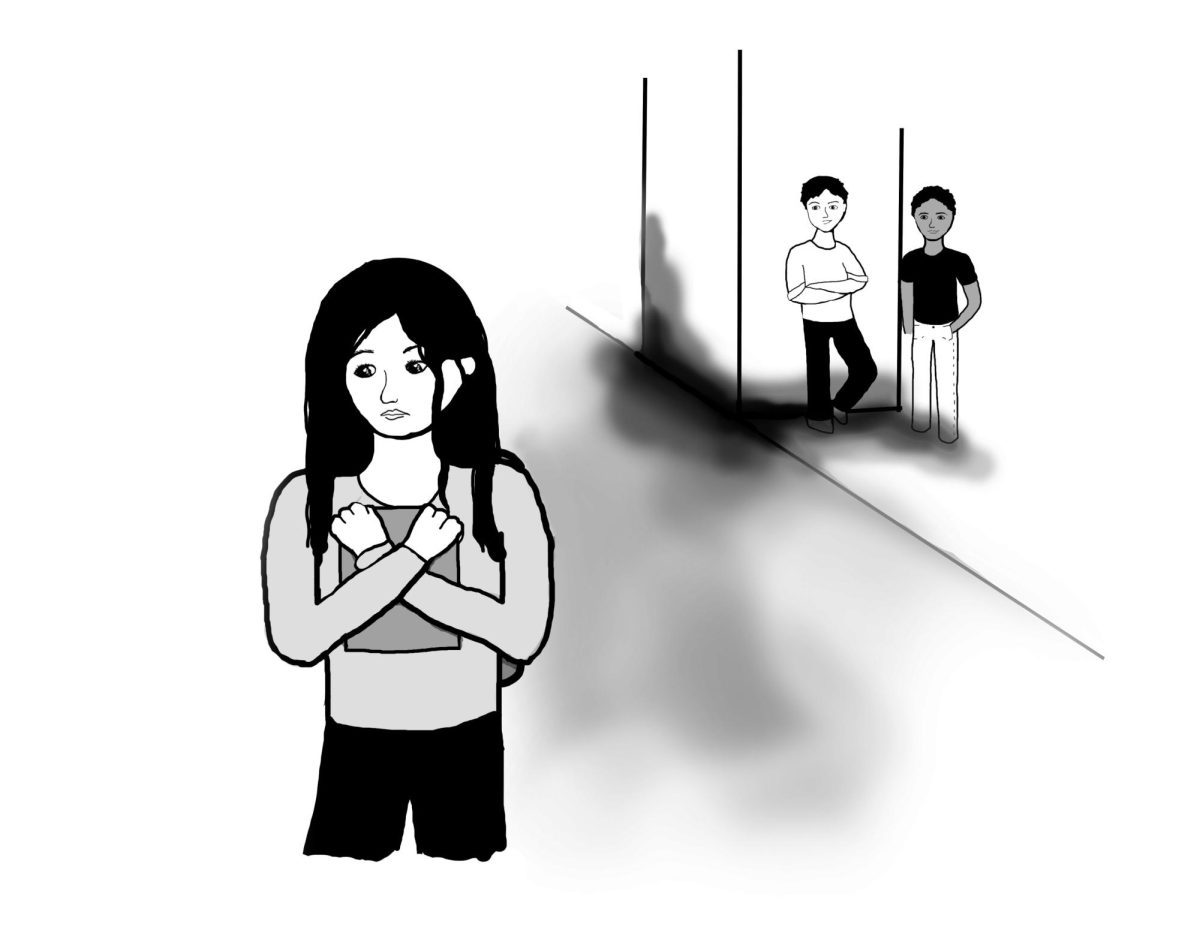Most Whitman students would consider themselves very lucky for being able to go to college. Often, childhood is considered the basis for a successful future.
Unfortunately, sometimes children do not have the chance to succeed. Of Washington high school graduates whose parents did not attend college, only 20 percent choose to pursue higher education. Thankfully, there are numerous programs out there that try to make a difference.
Through both the Whitman Institute for Summer Enrichchment (W.I.S.E.) and the mentor program, Whitman students volunteer their time to improve children’s lives.
The W.I.S.E. program, which started in 2006, attracts first-generation low-income students who are in middle school in the Walla Walla valley.
“It’s trying to get them excited about college, but also give them an opportunity to be exposed to what a liberal arts education potentially could offer,” Andres Dankel-Ibanez the assistant director for the Intercultural Center said, of W.I.S.E. “We expose students to a kind of assimilated college experience, so we can invite professors to teach there.”
The students involved in the program arrive Sunday afternoon. Their parents also arrive on campus and go on a tour, where they are informed about the financial aid process.
“It is important to give positive reinforcement and encourage young students to dream and strive for educational success,” said Sandy Flores, a past Resident Assistant (R.A.) for the program.
There are workshops held all Sunday afternoon. Parents return Tuesday afternoon.
R.A.’s are there during the program as well, which is comprised of team building exercises, rope challenge courses, book discussions and section meetings. Three of the eight R.A.’s were first generation students and a couple were international students.
“I think this program affects the students indirectly because any time you are giving yourself out and not expecting something in return, those kinds of opportunities are extremely valuable to the kind of transformative growth that occurs during college,” said Dankel-Ibanez.
“I saw a really strong mentorship relationship formulate during that program,” said senior Aisha Fukushima, who helped to coordinate and design the program. “For some people it resonated with their personal experiences and it gave them power to help out students that were in a similar position they were in. For students that didn’t have the same experience, it was eye-opening and an opportunity to see what goes into that process of breaking down a lot of historical inequalities that have prevented students from being able to make that transition and really be able to take on their full potential in college.”
“I love this program,” said Flores. “I can completely relate to these kids. I am the first in my family to go to college. I come from a limited-income household. I am Mexican-American. These are all factors that can be a source of stress when contemplating your educational success. To be able to be in the position to offer advice and encouragement has been a rewarding experience.”
“This is also a chance for students to get to meet new people from similar backgrounds, so they can build their self-esteem,” said Dankel-Ibanez. “This is also a collective opportunity for students to get to know that school can have a real positive value, which can be a real challenge since the social message is that these students may not be necessarily college material.”
“I have seen how younger students’ academic potential has been hindered due to lack of confidence bestowed in them,” Flores said. “They are living up to a limited potential.”
To test the program’s success, the W.I.S.E. directors are trying to track down the first group of students, who are now juniors in high school, and their college matriculation.
Fukushima believes that the program helps students get on the right path towards pursuing college.
“A lot of the students are now on track and feel well-informed, and their parents might also know how to be involved in that educational process,” Fukushima said.
—
Whitman’s mentor program helps kids find strong role models who promote the value of education.
The program includes 2nd to 4th graders, some kindergarteners, and a couple of 8th graders. These children are often having issues in the classroom, and the mentor program strives to give them hope socially, academically and emotionally.
In the spring, all the mentees come to campus to see what Whitman students do and what college is like.
“The kids look up to them and it sets a positive example,” said senior Amy Strauss, an intern with the program. “It hopefully makes them want to come to Whitman. The program gets them on the right path.”









